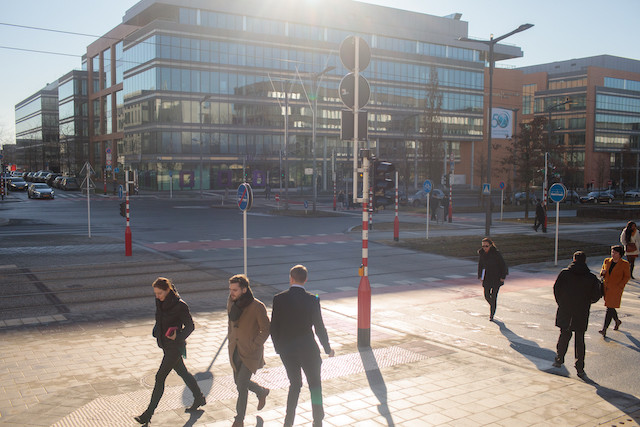The second citizen survey by foreign workers’ rights association Asti reported cross border workers feeling poorly treated with regard to their job status as working in Luxembourg.
“Residents remind them they should be happy to work in our country, given the high salaries and social contributions provided,” a press release published on Wednesday read, adding that citizens in their country of residents “reproach them for their high standard of living, which pushes up housing prices in particular, and animosity.”
TNS Ilres polled 500 people for the survey: 259 living in France, 131 in Belgium and 129 in Germany. Perceptions of Luxembourgers were mixed, with a fifth describing them as friendly and 14% dubbing them distant.
High salaries were the main draw for working in Luxembourg (70%), followed by the selection of roles that met respondents’ qualifications (51%) and lack of work in their region (27%).
They were more likely to have contact with international residents than Luxembourgers (74% compared to 46%), most likely because the proportion of Luxembourgers working in the private sector in Luxembourg is relatively low.
Over half said they were able to speak a few words of Luxembourgish and eight out of ten respondents could understand a little Luxembourgish.
And almost nine out of ten respondents said they felt attached to Luxembourg in general, on a par with their attachment to their country of origin.
Cross-border workers made up just under half of the country’s workforce (203,522 out of 442,772, Statec) in the last quarter of 2019.
But, Asti stressed that to consider cross-border workers “simply as a workforce would be a factual error and a negative message in this regard.”
It added that the pandemic had shown that the expectations of cross-border workers were beyond the quest for material gain.
